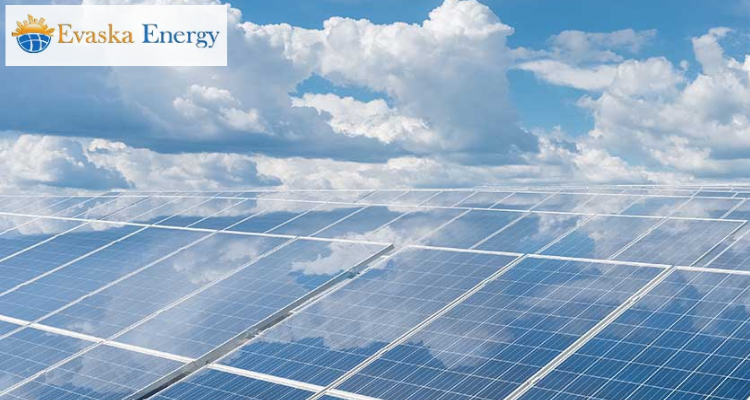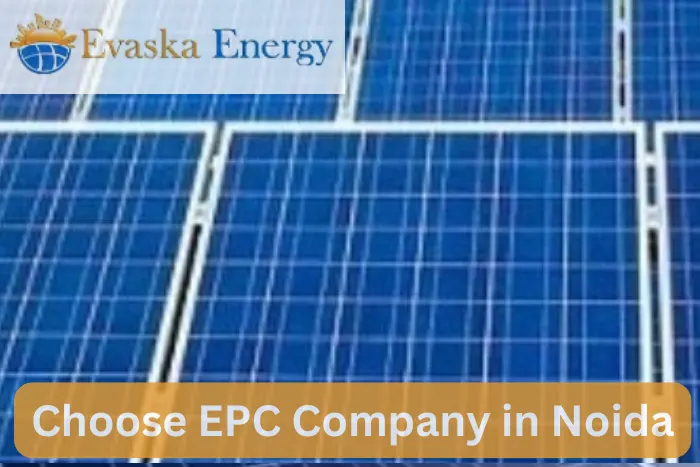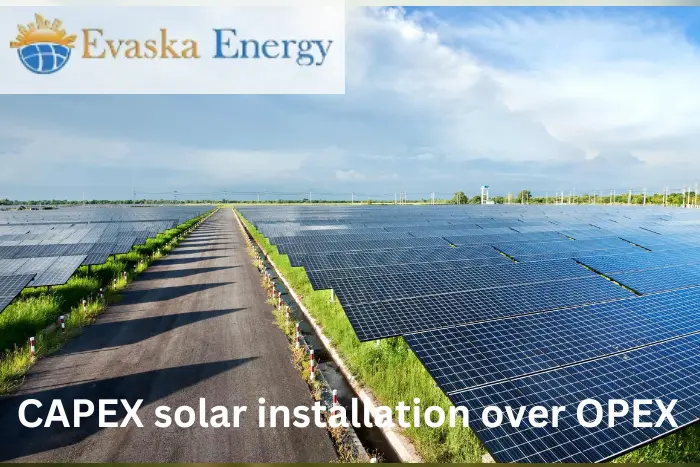Rooftop Solar Panel Cost: Understanding the Investment in Renewable Energy
Solar energy has become a popular choice for homeowners looking to reduce their carbon footprint and energy bills. Rooftop solar panels provide an efficient and sustainable way to harness the sun's power and convert it into electricity. The cost of installing rooftop solar panels is a significant factor to consider. This article will explore various aspects of investing in rooftop solar panels, including benefits, installation, maintenance, and key considerations.
The Benefits of Rooftop Solar Panels
Environmental Impact
One of the most significant benefits of solar panels is their positive impact on the environment. Solar energy is a clean, renewable source that reduces greenhouse gas emissions and reliance on fossil fuels. By installing rooftop solar panels, homeowners can contribute to a healthier planet.
Energy Independence
Rooftop solar panels enable homeowners to generate their own electricity, reducing dependence on the grid. This energy independence is especially valuable in areas prone to power outages or where electricity costs are high.
Long-term Savings
While the initial investment in solar panels can be substantial, the long-term savings on energy bills can be significant. Over time, many homeowners find that their solar panels pay for themselves and even generate additional savings.
Increased Property Value
Homes equipped with solar panels often have higher property values. Potential buyers are increasingly interested in energy-efficient homes, making solar panels a valuable asset when selling a property.
The Installation Process
The cost of installing rooftop solar panels involves several factors, starting with an assessment of the home's energy needs and roof suitability. A professional solar installer will evaluate the roof's orientation, shading, and structural integrity to ensure it can support the panels. The installation process typically includes the following steps:
Design and Permitting
The installer designs a custom solar panel system tailored to the home's energy needs and roof layout. This plan is then submitted for permitting, ensuring compliance with local regulations and building codes.
Installation
Once permits are approved, the installation process begins. This involves mounting the solar panels on the roof, connecting the panels to an inverter, and wiring the system to the home's electrical panel. The installation process typically takes a few days to complete, depending on the system's size and complexity.
Inspection and Activation
After installation, a final inspection is conducted to ensure the system meets all safety and performance standards. Once the system passes inspection, it is activated and begins generating electricity.
Maintenance and Durability
Rooftop solar panels require minimal maintenance, making them an attractive option for many homeowners. Regular maintenance typically includes:
Cleaning
Keeping the panels clean ensures they operate at maximum efficiency. In most cases, rainwater is sufficient to clean the panels, but occasional manual cleaning may be necessary, especially in dry or dusty areas.
Inspections
Periodic inspections by a professional can help identify and address any issues before they become significant problems. These inspections ensure the system continues to operate efficiently and safely.
Monitoring
Many solar panel systems come with monitoring tools that allow homeowners to track their system's performance. Monitoring can help detect any drops in performance, indicating that maintenance or repairs may be needed.
Solar panels are designed to be durable and long-lasting, with most systems having a lifespan of 25-30 years. Advances in solar technology continue to improve the efficiency and durability of these systems, making them a reliable long-term investment.
Things to Consider
Before installing rooftop solar panels, homeowners should consider several factors to ensure they make an informed decision:
Roof Condition
The roof should be in good condition and able to support the weight of the solar panels. If the roof needs repairs or replacement, addressing these issues before installation is advisable.
Energy Needs
Understanding the household's energy consumption is crucial in designing an effective solar panel system. A professional evaluation can help determine the optimal system size to meet the home's energy needs.
Local Regulations
Different areas have various regulations and incentives for solar panel installations. Homeowners should research local regulations, including permits, zoning laws, and available incentives, to maximize the benefits of their investment.
Sunlight Exposure
The effectiveness of solar panels depends on their exposure to sunlight. Homes with significant shading or roofs that don't face south may experience reduced efficiency. A professional installer can assess the home's suitability for solar energy.
Investing in rooftop solar panels is a significant step toward energy independence and environmental sustainability. By understanding the benefits, installation process, maintenance requirements, and factors to consider, homeowners can make an informed decision about this renewable energy source. While the initial investment may seem daunting, the long-term benefits of reduced energy bills, increased property value, and a smaller carbon footprint make rooftop solar panels a wise and forward-thinking choice for many households.








